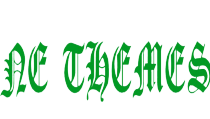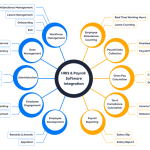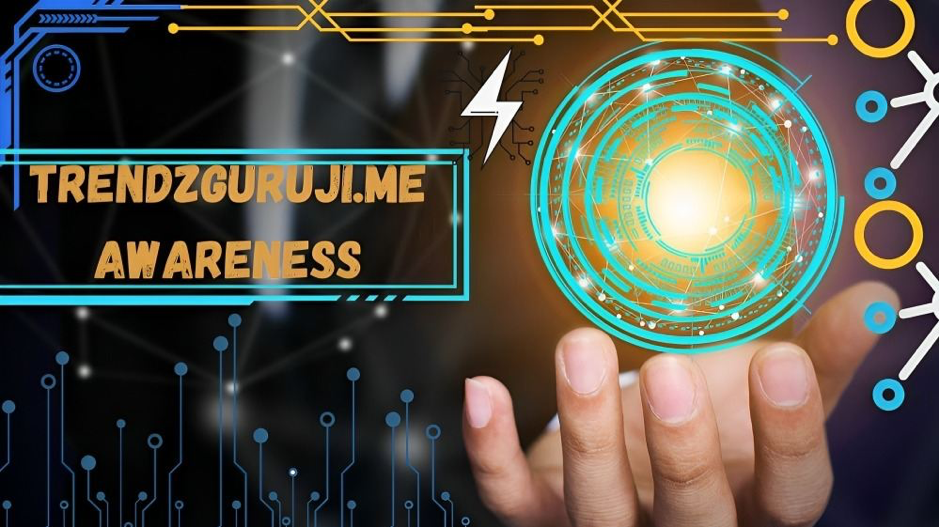Introduction
In an increasingly interconnected world, the concept of “waethicc” has emerged as a pivotal discourse that challenges traditional ethical frameworks. The term itself blends “wae,” an expression of value and worth in various cultures, with “ethicc,” derived from the Greek “ethos,” denoting character and moral principles. As global challenges become more complex—ranging from environmental crises to social inequalities—the notion of waethicc offers a fresh lens through which we can evaluate our ethical responsibilities across cultures and borders.
The Roots of Waethicc
The roots of waethicc can be traced back to various indigenous philosophies that emphasize interconnectedness and communal responsibility. Many cultures have long recognized that individual actions can have far-reaching consequences, not just for one’s immediate community but for the global community at large. This is particularly relevant in today’s world where local actions—such as pollution, resource extraction, and economic decisions—can have profound global impacts.
Indigenous Perspectives
Indigenous cultures often possess a holistic worldview that prioritizes the well-being of the community and the environment. For example, the Māori concept of “kaitiakitanga” embodies guardianship and sustainability, emphasizing the role of humans as stewards of the earth. Similarly, many Native American traditions speak of the “Seventh Generation Principle,” which advocates for decision-making that considers the impact on future generations.
These indigenous perspectives are increasingly recognized as valuable contributions to global ethical discussions, particularly in the face of climate change and environmental degradation. They challenge the individualistic and often exploitative approaches that dominate contemporary Western thought.
Global Challenges and Ethical Implications
Climate Change
One of the most pressing global challenges is climate change, which necessitates a waethicc approach. The consequences of climate change are not distributed equally; vulnerable populations—often in the Global South—bear the brunt of its impacts, despite contributing the least to the problem. This raises ethical questions about responsibility and justice.
The waethicc perspective calls for a reevaluation of our global priorities. It emphasizes the need for equitable solutions that not only address the environmental crisis but also consider the socio-economic conditions of affected communities. For instance, international climate agreements must incorporate reparative measures that support developing nations in adapting to climate change.
Economic Inequality
Another significant challenge is economic inequality, which has been exacerbated by globalization. The waethicc lens encourages a shift from profit-driven motives to a focus on human dignity and community well-being. It challenges corporations and governments to consider the impact of their policies on marginalized groups.
For example, fair trade practices align with waethicc principles by prioritizing fair wages and sustainable practices for producers in developing countries. This not only uplifts communities but also fosters global solidarity, reinforcing the idea that ethical consumption is a collective responsibility.
Social Justice
Social justice movements worldwide highlight the importance of intersectionality—recognizing that various forms of oppression are interconnected. The waethicc framework encourages a holistic approach to social justice, advocating for the rights of marginalized groups while fostering an understanding of how different forms of inequality overlap.
This perspective is particularly relevant in discussions around migration, where economic and environmental factors often force individuals to leave their homes. A waethicc approach would advocate for policies that recognize the humanity and dignity of migrants, promoting inclusive societies rather than divisive narratives.
The Role of Technology
Digital Ethics
In the digital age, technology plays a crucial role in shaping our ethical landscape. The rise of artificial intelligence, big data, and social media presents both opportunities and challenges. A waethicc perspective encourages the development of technology that prioritizes human values and community welfare.
For instance, data privacy is an essential concern in an increasingly surveilled world. Ethical considerations must be at the forefront of technological advancements, ensuring that innovations serve the public good rather than corporate interests. This requires a collaborative effort among technologists, ethicists, and communities to create frameworks that promote transparency and accountability.
Global Connectivity
The internet has transformed how we communicate and engage with one another, creating new avenues for solidarity and activism. The waethicc approach emphasizes the importance of global connectivity in fostering mutual understanding and cooperation.
Social media platforms, for instance, can amplify marginalized voices and connect activists worldwide. However, they can also perpetuate misinformation and division. A waethicc framework encourages responsible use of technology, urging users to engage critically and compassionately with online content.
Education and Waethicc Awareness
Curriculum Development
Incorporating waethicc principles into educational curricula is essential for fostering a new generation of global citizens. This involves not only teaching traditional ethical theories but also integrating indigenous wisdom and global perspectives.
Educational institutions can play a pivotal role in promoting waethicc values by emphasizing critical thinking, empathy, and cross-cultural understanding. Programs that encourage community engagement and service learning can help students recognize their interconnectedness with global issues.
Lifelong Learning
Waethicc awareness is not limited to formal education; it extends to lifelong learning. Workshops, community discussions, and online courses can provide individuals with the tools to engage ethically in their personal and professional lives.
Moreover, cultivating a culture of dialogue and reflection can empower individuals to confront ethical dilemmas with a waethicc mindset, considering the broader implications of their actions.
Conclusion
The concept of waethicc offers a transformative framework for addressing the ethical challenges of our time. By emphasizing interconnectedness, community well-being, and social justice, waethicc invites us to reevaluate our responsibilities on a global scale. As we navigate the complexities of climate change, economic inequality, and social justice, embracing a waethicc perspective can guide us toward more equitable and compassionate solutions.
As individuals, communities, and nations, we must recognize that our actions have consequences beyond our immediate surroundings. By adopting a waethicc mindset, we can contribute to a more just and sustainable world, one that honors the dignity of all people and the planet we share. The future of our global community depends on our ability to embrace these values and work collaboratively toward a better tomorrow.











